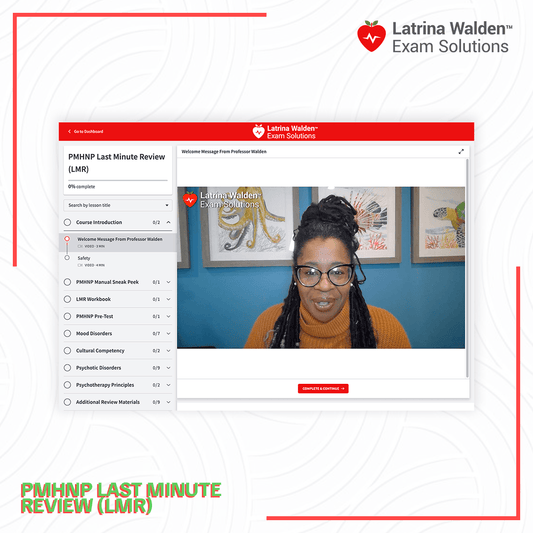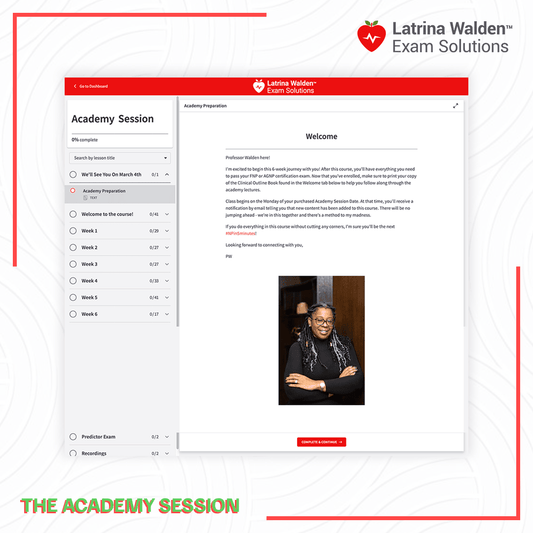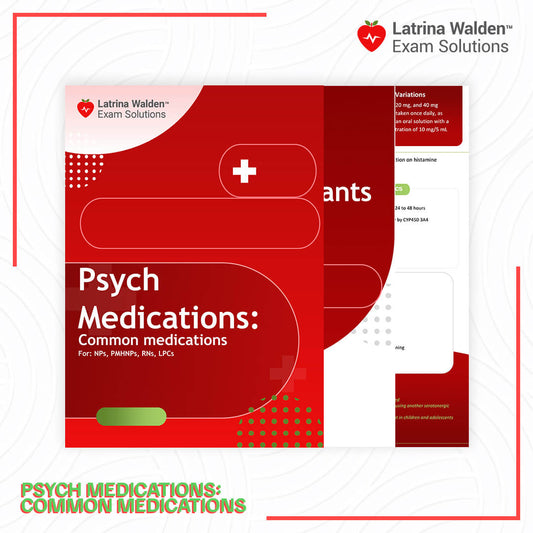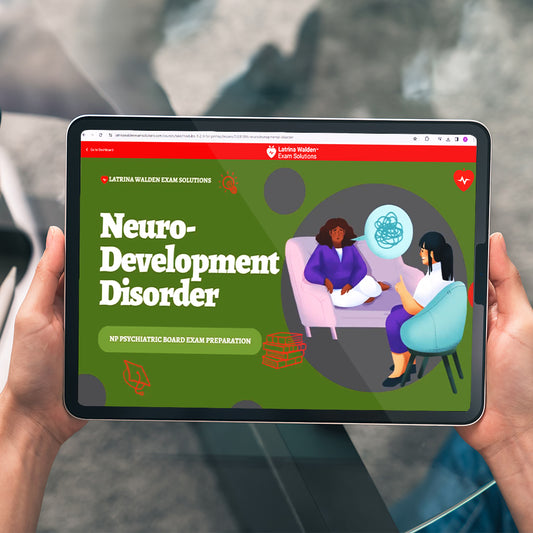Table of Contents
How Are PMHNPs Different From Mental Health Nurses?
Job Description: Responsibilities of a PMHNP
Workplaces
PMHNPs: Addressing the Mental Healthcare Shortage
Steps to Becoming a PMHNP
How Are PMHNPs Different From Mental Health Nurses?
Both mental health nurses and PMHNPs can help answer the nationwide call for mental health providers, but there are key differences in the roles they play. Mental health nurses are registered nurses (RNs) who work in the mental health field. They often conduct patient intake, evaluation, and screening, and promote mental health maintenance. Mental health nurses can provide rehabilitative care, and educate both patients and their families.

PMHNPs can perform the responsibilities of a mental health nurse, but as advanced practice registered nurses (APRNs), they often have a higher level of responsibility. PMHNPs conduct mental health assessments and in many states, can diagnose psychiatric illnesses. They may order and perform diagnostic tests or evaluations, and can often prescribe medication. PMHNPs in a counseling role can lead psychotherapy for individuals and their families. Like mental health nurses, many PMHNPs work in private practice, hospitals, schools, and treatment programs.
Job Description: Responsibilities of a PMHNP
Like most jobs, the specific responsibilities of a PMHNP will vary based on the position and workplace, but below is a sample job description that you may encounter as an NP pursuing a career in mental health.
- Perform patient assessment, diagnosis, and treatment.
- Collaborate with nursing staff, supervising psychiatrist, and local counselors.
- Provide psychiatric health education, counseling, and emotional support.
- Refer patients for inpatient care as needed.
- Issue medication prescriptions.
- Provide patient education related to medications including risks, benefits, and outcome expectations.
- Order and interpret laboratory tests; explain results to patients.
- Communicate with patients and/or caregivers and engage in follow-up as needed.
Jobs such as the one described above often require a Masters of Science in Nursing (MSN) with an emphasis in Psychiatric/Mental Health, as well as several years of relevant experience. Some states may require licensure as a PMHNP by the state’s Board of Nursing.
Workplaces
Psychiatric-Mental Health Nurse Practitioners can work in a variety of healthcare settings, including academic environments. These can include private practice, schools, public or community health centers, hospitals, substance abuse treatment programs, and nursing homes.

PMHNPs: Addressing The Mental Healthcare Shortage
In 2022, the Kaiser Family Foundation reported that 47% of people in the United States were living in an area experiencing a mental health provider shortage; this deficit is most evident in rural areas and cities that are financially stressed. In some states, it was estimated that around 700 mental health providers would be required to adequately fulfill this need. Enter Psychiatric-Mental Health Nurse Practitioners, or PMHNPs. NPs in general have become invaluable resources in filling niches of healthcare that have historically been occupied by physicians, and mental health is an excellent example of an area where NPs can make a significant difference.
Steps to Becoming an PMHNP
Becoming a Psychiatric Mental Health Nurse Practitioner involves a well-defined educational and certification pathway. Let’s walk through these key steps:
Educational Preparation
First, earn a Bachelor of Science in Nursing (BSN) from an accredited institution. Alternatively, some individuals choose to pursue an Associate Degree in Nursing (ADN) followed by a BSn completion program.
RN Licensure
Next, pass the National Council Licensure Examination for Registered Nurses (NCLEX-RN) to become a licensed registered nurse (RN). Gain practical experience in psychiatric nursing through employment or clinical rotations.
Advanced Education
Pursue a Master of Science in Nursing (MSN) or a Doctor of Nursing Practice (DNP) with a specialization in psychiatric mental health nursing. Choose a program accredited by the Commission on Collegiate Nursing Education (CCNE) or the Accreditation Commision for Education in Nursing (ACEN).
Clinical Training
Complete the required clinical hours in psychiatric-mental health nursing during your graduate program. These hands-on experiences provide the practical skills and knowledge needed to excel in the field.
Certification Exam
After completing your education and clinical hours, you are eligible to take the Psychiatric-Mental Health Nurse Practitioner Certification (PMHNP-BC) exam offered by the AMerican Nurses Credentialing Center (ANCC) or the Psychiatric Mental Health Nurse Practitioner Exam (PMHN-BC) offered by the American Nurses Association. As an upcoming third and upcoming option, the American Academy of Nurse Practitioners (AANP) recently announced that it will be offering its own psychiatric-mental health certification exam.
State Licensure
Obtain state licensure as an Advanced Practice Registered Nurse (APRN) with a specialization in psychiatric mental health. Requirements vary by state, so check with your state board of nursing for specific guidelines.
Ongoing Professional Development
Mental health is a dynamic field, and staying current with the developments in research and practice is crucial. Engage in continuous education–which is likely required for your certification renewal as well–, attend conferences, and pursue opportunities for professional growth.
Embarking on a career as a Psychiatric Mental Health Nurse Practitioner is a notable and impactful decision. PMHNPs play an important role in promoting mental well-being, supporting individuals through challenging times, and contributing to the advancement of mental healthcare. By following the outlined steps above, aspiring PMHNPs can acquire the necessary education, training, and certification to excel in this dynamic and fulfilling field. As mental health awareness continues to grow, the demand for skilled and compassionate PMHNPs will only grow, making this specialization an excellent choice for those who are dedicated to making a positive difference in the lives of individuals and their communities.










